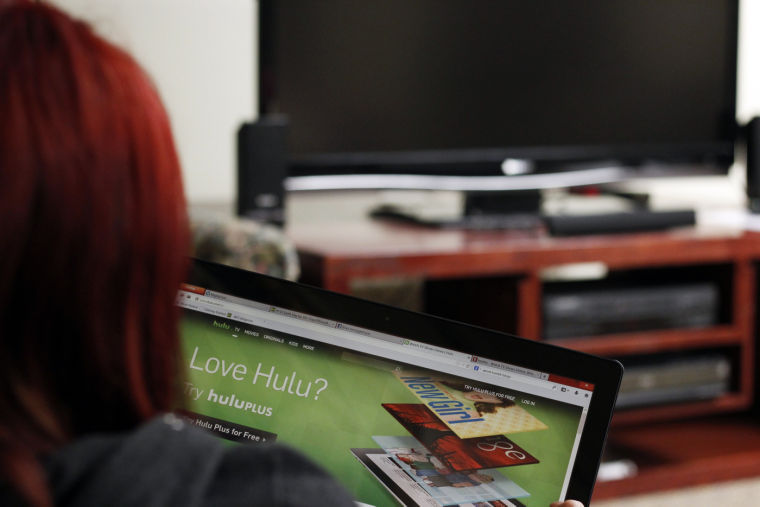Cutting the cord
April 25, 2014
Netflix and Hulu are starting to kill cable, according to the Huffington Post.
Are they, really?
The pending Comcast-Time Warner merger that would give Comcast dominion over 60 percent of America’s households, according to Forbes, says otherwise.
Now, the cable industry is just a series of local monopolies, according to Bloomberg Businessweek. With this, there are a few other internet providers dictating internet here and there across the states like AT&T U-verse’s DSL.
Netflix claims that U-verse DSL is not fast enough to offer a quality video streaming experience, though, and AT&T has only recently announced an expansion to reach 21 cities, according to Reuters. In other words, Comcast is in a league of its own.
With the two largest internet service providers, or ISPs, joining together, America’s internet could soon be under majority rule of a single media titan.
We’re looking toward a mass media oligarchy with unrivaled power to control television and online services in America. Sounds to me like cable is winning. But at what cost? This deal benefits Comcast at the expense of consumer wallets, industry innovation, and net neutrality.
Meanwhile, Netflix argues against the merger, and rightfully so.
In a recently released statement by Netflix, CEO Reed Hastings explains Netflix is not the only group adversely affected by the merger. Hastings said the combined company could use anti-competitive leverage to drive up costs and charge arbitrary fees to customers, according to Forbes.
Unlike Disney, Viacom and 20th Century Fox, which are in multibillion dollar arrangements with Comcast, Netflix has no interest in cable longevity. For this reason, Netflix becomes the voice of reason to the American government and public on the merger.
Huffington Post identifies people who cancel cable subscriptions in favor of only internet as “cord cutters.”
These trailblazers likely opt for one of the three big streaming services available today: Netflix, Hulu or Amazon Prime Instant Video.
As if Netflix didn’t have enough problems, Amazon Prime Instant Video may have salted the wound by announcing they will begin offering HBO programming via their service, according to The New York Times.
I understand the logic here, though. I don’t want to pay $110 for four or five shows that I actually watch. The novelty I once found in having 600 useless channels is long gone.
I’d rather pay $10 for a service that, due to its relatively limited selection, gives me the hot shows I want and then encourages me to find something else to watch when and wherever I please.
Sure, I can’t watch “Homeland” with my service, but hey, I never knew how much I’d enjoy extensive episodes of “Cake Boss” for a fraction of the price. I can also buy one of those HD antennas and get my local stations free.
Still, many of these “cord cutters” are paying cable companies for internet service even though they’re canceling their cable. Internet, incidentally, still requires cords.
In essence, streaming “Game of Thrones” will still require money paid to the cable company, as streaming costs bandwidth and bandwidth costs money.
The FCC, or Federal Communications Commission, is reviewing the merger proposal and will hopefully take note of the deal’s massive implications, but Comcast’s sheer power leads me to believe they’ll probably get what they want.
Cable is thriving and its behemoth is only growing larger. No, “cord cutters” aren’t killing it, but one of the services they thoughtfully support may have a chance to curb its reign.
Netflix’s David stands against Comcast’s Goliath; alone with all his might, David’s pulling his sling. Let’s hope history repeats itself in this scenario, so we don’t have to prevent a repeat of this merger later.
– Fletcher Bailey is a junior communication major from Seattle. He can be contacted at 335-2290 or by [email protected]. The opinions expressed in this column are not necessarily those of the staff of The Daily Evergreen or those of Student Publications.








